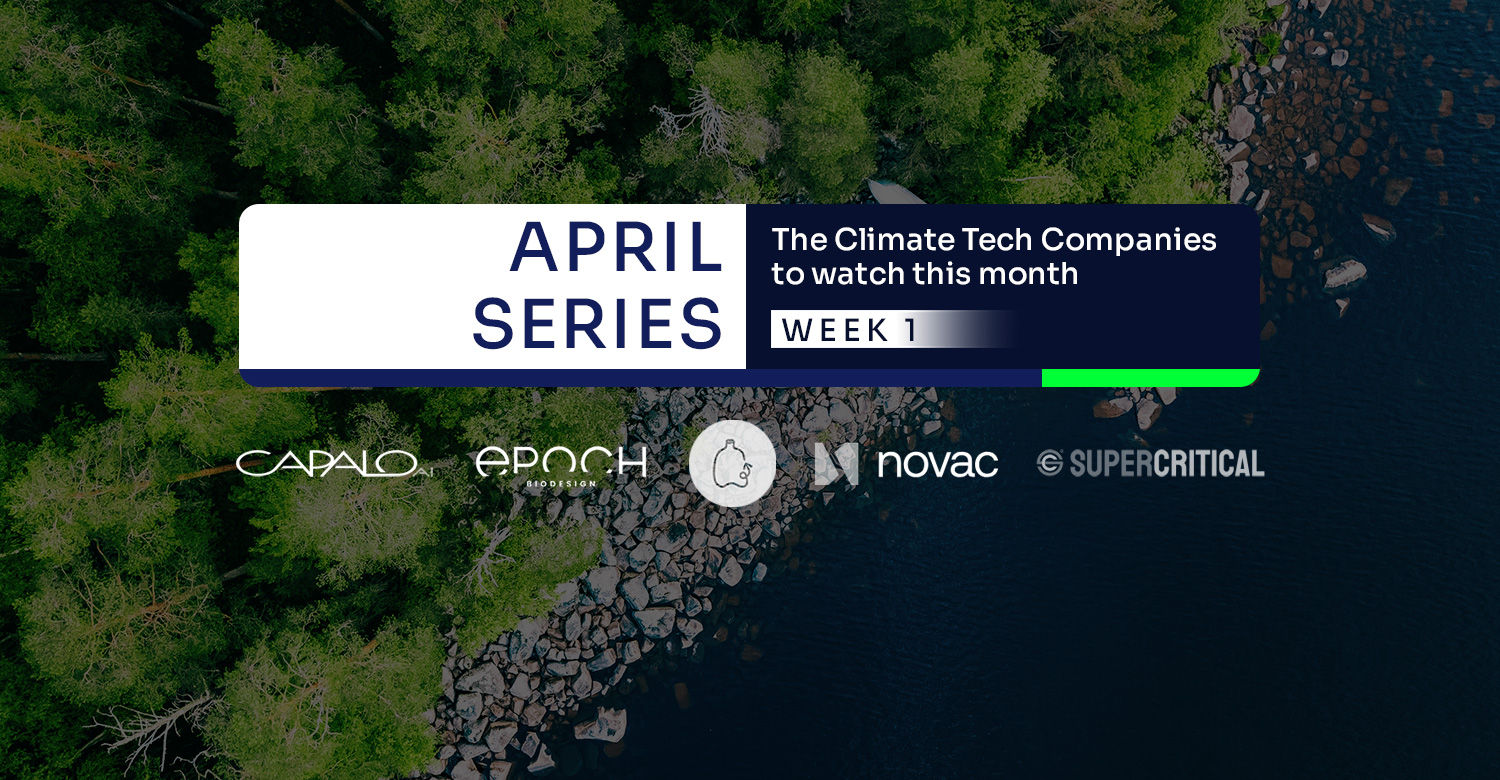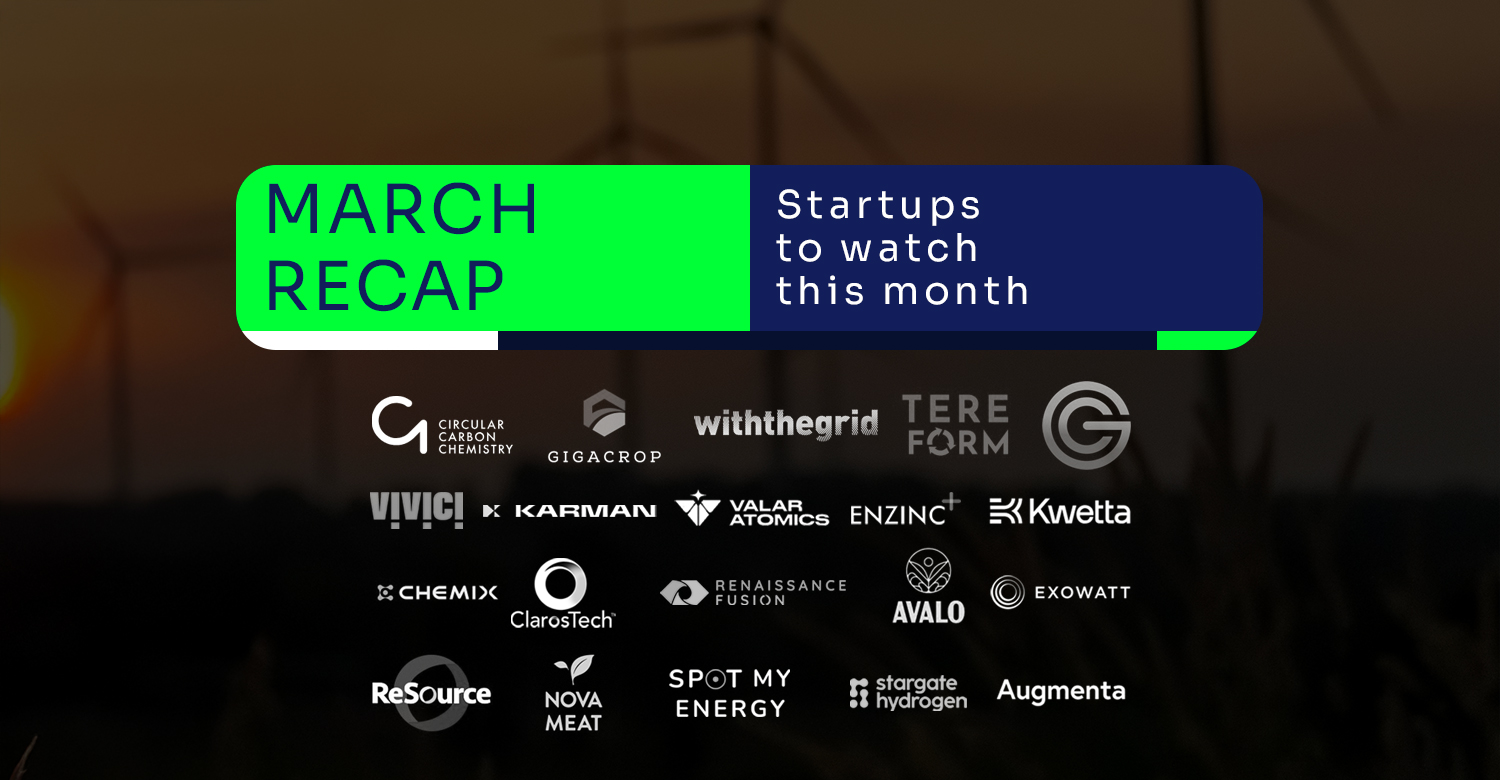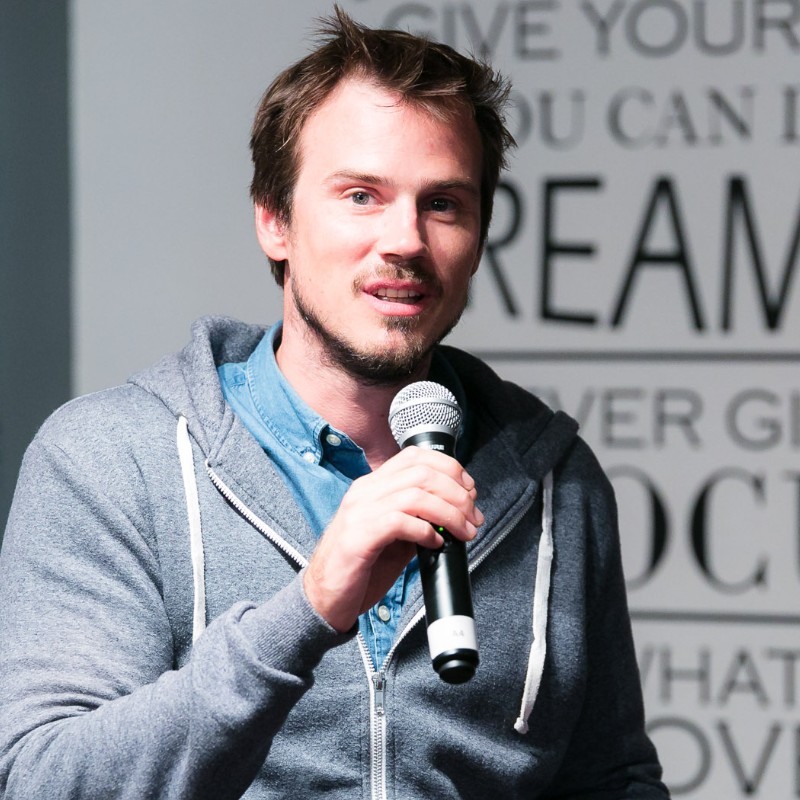[vc_row][vc_column][vc_column_text el_class=”post_text”]Noah Schwartz is the founder of Quorum Intelligence, an artificial intelligence and machine learning company that uses their algorithms to help devices connect to each other and to process data faster and smarter than ever. In his own words, the algorithms “are mathematical poetry”.
Discover the story of this brilliant neuroscientist who left academia for a slice of Silicon Valley.
[/vc_column_text][vc_column_text el_class=”post_text”]
# 6 : Noah Schwartz, founder
[/vc_column_text][vc_single_image image=”17848″ img_size=”full” alignment=”center”][vc_column_text el_class=”post_text”]Neuroscience Meets Tech
I have always been interested in artificial intelligence (AI) and robotics, ever since I was a little boy. This interest was one of the primary reasons I initially chose a career in neuroscience, to learn how we could take neuroscience principles and use them to make computers more efficient and adaptable.
The idea behind Engram (our AI algorithm) started 12 years ago while I was a graduate student. I was studying computational neuroscience, trying to understand how the brain works so fluidly and in real-time, how it accomplishes so much while we are actively experiencing the world. This functionality is vastly different than anything we have in AI and machine learning today.
For years, I built mathematical models to try and understand how the brain behaves and changes during experience, and I compared those models to behavioral experiments that explored how people learn and perceive the world around them. Eventually, I gathered all of my findings into a unified model and boiled it down to the core algorithms of our engine.
From Teaching to Creating
Along the way, some research students from my lab and I started thinking of ways to turn these ideas into a business. We were greeted with great enthusiasm, but looking back, we were in the wrong place at the wrong time. I always believed that this type of work could only happen in a university, but the speed of innovation that’s possible in a university setting was far too slow for what we hoped to accomplish.
Two years ago, I decided to quit my job as a professor and leave the university to start the company. Our first task was to rebuild the algorithms from the ground up. We started from scratch and created a new type of architecture that allowed us to reprogram the AI without bringing it offline or retraining it. The result is a set of incredibly fast equations that can learn and process data in real-time, similar to how our brains operate while we are out and about in the world.
The transition from academic leadership to business leadership was very natural. Most of the skills I used when leading a research team are the same as those I use to lead as a founder. Communication, leadership, teaching, mentoring, and encouraging teamwork are great skills I adopted from academia and still use.
Compared to business, I found that universities, ironically, are much more conservative in how they respond to new ideas. In business, if you solve a problem in a novel way, people will adopt your product immediately, whereas in a university, the speed of innovation is tied to grant deadlines, committee approval, and peer review – processes that can take months or even years before an idea becomes reality. Silicon Valley is different. I’ve accomplished more in Silicon Valley in a week than I was able to do in a year at a university. Also, the atmosphere here is much more supportive when it comes to staying agile and being able to react and grow the company. For me, Startup Basecamp has been an amazing experience in this regard because living here gives me perspective into many other businesses and their founding experiences, and it’s invaluable to know that I’m not alone.[/vc_column_text][vc_single_image image=”17850″ img_size=”full” alignment=”center”][vc_column_text el_class=”post_text”]Changing the Internal Calendar
The hardest thing about being a founder is adjusting the way that I plan. As a professor, you are looking years down the line; I could plan 10 years out and the risks were very easy to project and avoid. As a founder, I can only plan weeks or months ahead, and even then it’s sometimes not clear what will happen at each step along the way. Risk management as a professor is like playing a standard Beethoven symphony – you know exactly how every part of the song will sound before you even sit down to play. In a startup, evaluating and confronting risk feels more like playing improvisational jazz – you have to listen carefully, go with the flow, and learn to enjoy yourself amid the uncertainty.
As a startup founder, everything is new, and everything you want to accomplish is up to you. That’s very exciting but there’s also a lot of responsibility involved, especially when you bring in new team members who look at you to help create their future. When those team members connect, however, and the ideas are growing exponentially, that freedom to innovate and to act on your creative impulses becomes exhilarating.
The flipside of this, and one of the challenges about being a startup founder compared to a university professor, is that you cannot afford to allow the business to experiment too wildly with product-market fit or unproven ideas. We have to have laser-like focus on solving problems in product development, customer adoption and satisfaction, and operational efficiency. This means we can afford to pursue only one major initiative at a time, no matter how many ideas we have, so we collect the best data possible and we keep our eyes open for any opportunity to continue innovating and growing. That vigilance is exciting and the pressure is energizing – it’s exactly what I wanted to be doing and it’s exactly what we need in order to make our product the best it can be.
Wisdom for Future Founders
For anyone who is interested in stepping out and forging your own path, don’t wait for anyone to give you permission or tell you you’re ready. If you can stand on your feet, you’re ready. You’ll get knocked down, but everybody does. Get back up any way you can. At the end of the day, if you can think for yourself and you can see and describe the world around you from your unique perspective, that’s all you need to go out and be your own leader.[/vc_column_text][vc_single_image image=”17851″ img_size=”full” alignment=”center”][vc_column_text el_class=”post_text”]
Screenshot of quorum.ai
[/vc_column_text][vc_column_text el_class=”post_text”]Feed the Mind
In life and business, there are 3 books that I highly recommend:
– Gödel, Escher, Bach by Douglas Hofstader is a wandering philosophical book about math, music and art.
– Founders at Work by Jessica Livingston is a collection of interviews with famous tech founders and what their earliest days were like when starting their companies.
– Faraday: The Life by James Hamilton is a very inspiring biography of Michael Faraday, one of my personal heroes.
My motto in life
Don’t die! Actually, a better motto is: Don’t trick yourself into thinking you’re alive just because you’re not dead yet. Don’t live a halfway life.
My motto in business
Be your own leader, don’t expect anything from anyone but yourself.
Discover more about Quorum Intelligence
www.quorum.ai
Tweets by QuorumAI
https://www.facebook.com/QuorumAI
https://www.linkedin.com/company/quorum-robotics[/vc_column_text][/vc_column][/vc_row][vc_row css=”.vc_custom_1599517311639{padding-top: 40px !important;padding-bottom: 40px !important;}”][vc_column][vc_btn title=”Become a contributor and propose your guest posts!” style=”classic” shape=”square” color=”inverse” align=”center” i_icon_fontawesome=”far fa-envelope” add_icon=”true” link=”url:mailto%3Ainfo%40startupbasecamp.org|title:Become%20a%20contributor||”][/vc_column][/vc_row]




